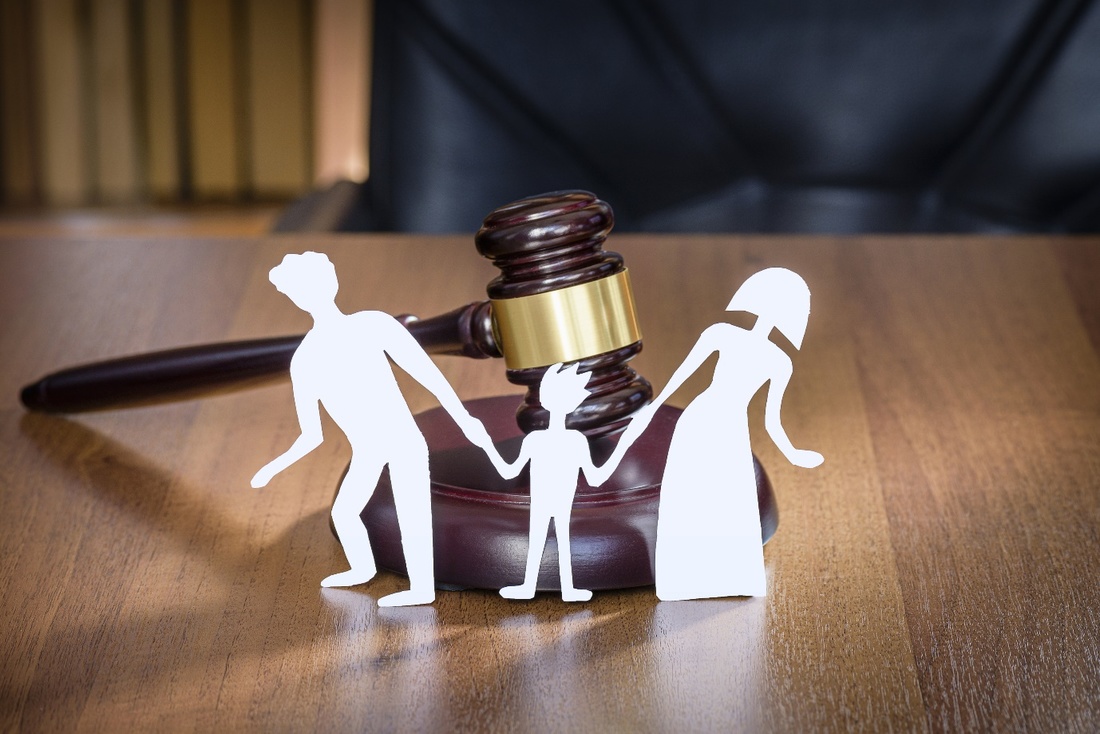
The Trump government gathered out stricter immigration policies and encouraged false narratives that perpetuate racism and discrimination; didn't do nearly enough to tackle mass incarceration; sabotaged the rights of girls and homosexual, homosexual, bisexual, and transgender (LGBT) individuals; further diminished the ability of Americans to get adequate healthcare, and deregulated businesses that place people's health and security in danger.
In its foreign policy, the Trump government made little use of its decreasing leverage to encourage human rights abroad; continued to undermine multilateral institutions; and flouted international human rights and humanitarian law since it partnered with violent governments--although it did sanction many people and authorities for committing human rights abuses.
Criminal Legal System
The statistics reveal that a slight reduction in the number of individuals incarcerated from 2016 to 2017 plus a 10 percent reduction in the decade before.
This reduction can be partially credited to greater recognition among policymakers and the people of unfairness from the US criminal defense system and the injury caused, which has resulted in many state-level reforms.
On the national level, after enactment of the Initial Step Act at the end of 2018, over 3,000 individuals were published from prison in July, sooner than they'd have been without the laws. Though hailed as a significant bipartisan unlawful reform initiative, the legislation left many worries unaddressed and changed just a few of these held at the federal criminal system, which accounts for just roughly 10 percent of their entire number of individuals incarcerated in the USA.
Though the overall imprisonment rate was down, one of the black women it had been almost two times as large as among white girls, and the imprisonment rate for black men was nearly six times the rate of white guys. For younger black guys, the disparity was even bigger.
The death penalty permitted in 29 says. According to the Death Penalty Information Center, 20 individuals in seven countries were implemented in 2019 at the center of November-- all from the south and southeast of the nation. The Trump government declared a resumption of national executions in July following 16 years with no, but a national court obstructed the resumption in November. Back in California, which has over 730 offenders on death row, the Senate enforced a moratorium on executions, also in New Hampshire, the legislature repealed its death penalty statute.
Poor people accused of crimes continue to be jailed because judges need cash bond for a condition of discharge, forcing people not convicted of any offense to keep behind bars for long periods awaiting trial and consequent in guilty pleas. A move to get rid of a cash bond is growing but most nations are substituting it with hazard assessment tools that could entrench discrimination whilst neglecting to lower pretrial degrees of incarceration. New York enacted pretrial reform steps in April which are predicted to dramatically lower the number of folks that are detained pretrial with cash bond and improve the due procedure for the rest.
Legislation banning people with criminal convictions from unemployment continues to exist in the USA. In 2018 Republicans in Florida approved a step assigning the right to vote to 1.4 million taxpayers with felony convictions, but in July the nation enacted a law requiring individuals changed to cover all financial obligations, such as excessive fines and penalties before this right is revived.

Children in the Criminal and Juvenile Justice Systems
From the juvenile justice system, 2,200 childhood are imprisoned for"status" crimes --noncriminal acts which are considered violations of this law simply because the people in question are under 18 years of age.
Furthermore, all 50 states are still prosecuting kids in adult criminal courts. The Sentencing Project reports that there are roughly 1,300 individuals serving life without parole sentences (LWOP) for offenses committed below age 18. Oregon passed legislation eliminating the usage of juvenile LWOP. Overall, 22 days along with also the District of Columbia now prohibit juvenile life without parole.
Racial disparities persist at each point of an individual's contact with the legislation, leaving kids of color represented in juvenile justice systems throughout the nation; at 37 states, levels of incarceration were greater for black children than for white, according to The Sentencing Project.
Racial Justice and Policing
Stark inequalities in wealth exist across the USA, and poverty intersects with the offense, which can be used to justify more competitive policing in poor, often minority, communities. As an alternative to tackling issues of poverty--such as homelessness, mental health, and gang participation --together with solutions, support, and financial growth, many US authorities just add more authorities and efficiently"criminalize" poor communities, a vicious group that increased high levels of incarceration.
Government monitoring of police violence is still faulty. As stated by the Washington Post, authorities allegedly shot and murdered 783 men and women in America in 2019 as of mid-November, a decrease from the prior calendar year. Of those murdered whose race is famous, 20 percent were black although blacks constitute 13 percent of the populace.
Black citizens always reported encounters of violent policing.
Recognition climbed in 2019 that present racial disparities in schooling, criminal justice, as well as other elements of American life can't be understood about slavery and its ongoing effect on society. Congress maintained a historical hearing Juneteenth, per day honoring the abolition of slavery in America, to examine possible methods to account for all these injuries, such as reparations and more investment from communities to deal with continued inequality and discrimination.
Poverty and Inequality
Back in September, the Census Bureau published a study demonstrating that earnings inequality in the US had struck the maximum level in five years. Approximately 40 million individuals live in poverty, so many of those members of families with a minimum of one wage earner earning or close to the national minimum wage of $7.25 per hour.
The Trump government continued to take action to restrict access to healthcare, targeting adjustments to the Medicaid program, personal insurance subsidies, along with other important elements of this Affordable Care Act which will lead to higher inequities in access to health and care outcomes. Many countries with federal assistance have imposed work requirements, drug testing, along with other obstacles to Medicaid eligibility for low-income people.
Court-mandated penalties and penalties disproportionately affect the poor and communities of color. When someone can't afford them, they could confront arrest warrants, extended sentences, and incarceration, often placing them farther in debt. Many regional authorities finance themselves by imposing such penalties, even for minor offenses like jaywalking--a clinic that incentivizes over-policing and prosecution.
The Trump government continued to undermine customer protections against creditors and abusive debt collectors, whose fledgling providers can snare families. The Consumer Financial Protection Bureau delayed the execution of a principle regulating payday and other tiny creditors which frequently carry exorbitant interest prices. Another proposed rule threatens to weaken protections from untrue, deceptive, and deceptive practices by debt collectors.
